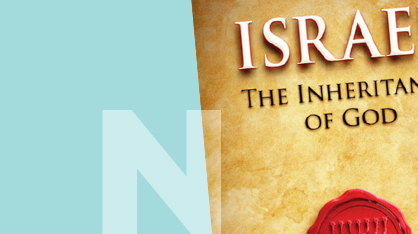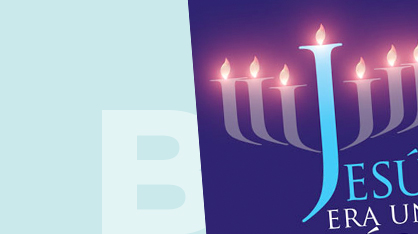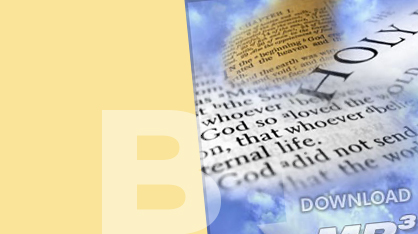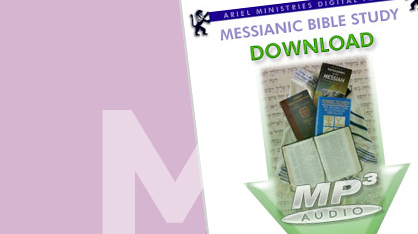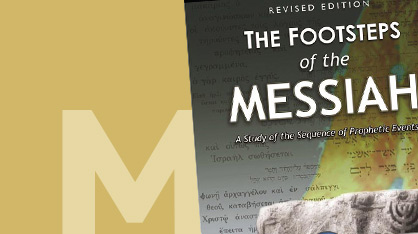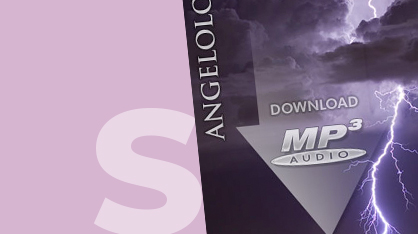Arnold Answers
Related Questions
Doesn’t Psalm 16:10 refer to David since David seems to be speaking about himself in the Psalm?
[Here is the full text of the QUESTION from the reader:]
Psalm 16 is said to be a Messianic psalm. Why can’t David be talking about himself in this psalm? Could the “holy one” possibly be David, who is set apart as God’s anointed? I know that David died, and this psalm says, “You will not allow your holy one to undergo decay.” But it seems like a stretch to value this vague sentence (which could refer to God delivering David from death in a present distress) higher than the rest of the psalm, which has David saying, “I” and “me” over and over again.
And here is the full text of Psalm 16 (ASV):
1Preserve me, O God; for in thee do I take refuge.
2 O my soul, thou hast said unto Jehovah, Thou art my Lord:
I have no good beyond thee.
3 As for the saints that are in the earth,
They are the excellent in whom is all my delight.
4 Their sorrows shall be multiplied that give gifts for another god:
Their drink-offerings of blood will I not offer,
Nor take their names upon my lips.
5 Jehovah is the portion of mine inheritance and of my cup:
Thou maintainest my lot.
6 The lines are fallen unto me in pleasant places;
Yea, I have a goodly heritage.
7 I will bless Jehovah, who hath given me counsel;
Yea, my heart instructeth me in the night seasons.
8 I have set Jehovah always before me:
Because he is at my right hand, I shall not be moved.
9 Therefore my heart is glad, and my glory rejoiceth:
My flesh also shall dwell in safety.
10 For thou wilt not leave my soul to Sheol;
Neither wilt thou suffer thy holy one to see corruption.
11 Thou wilt show me the path of life:
In thy presence is fulness of joy;
In thy right hand there are pleasures for evermore.
Here is Arnold’s ANSWER:
The emphasis of Psalm 16:1-2 is that Messiah’s refuge is in God. In verse 3, it says that His delight is with the saints, the believing remnant, echoing the sentiments of Zechariah 11. In verses 4-9, the psalmist says that God the Father will be the Messiah’s total trust in life, and even in death, Messiah still trusts in God (vv. 10-11). The point of the song is that even though God allows Messiah to die, Messiah declares, You will not abandon my soul to Sheol; Nor will You allow Your Holy One to undergo decay, meaning Messiah will be resurrected back to life. Now, David was an anointed king, but this does not naturally declare the anointed one to also be God’s Holy One. David’s life could not be declared holy in any way based on his anointment alone. Furthermore, the description of death in Psalm 16 is obviously talking about the moment when the body begins to decay. While in this psalm Messiah is delivering David from present distress, that would not be equivalent to leaving his soul in Sheol. Nothing in the life of David would indicate that his own distress was the kind of distress described in verse 10.


